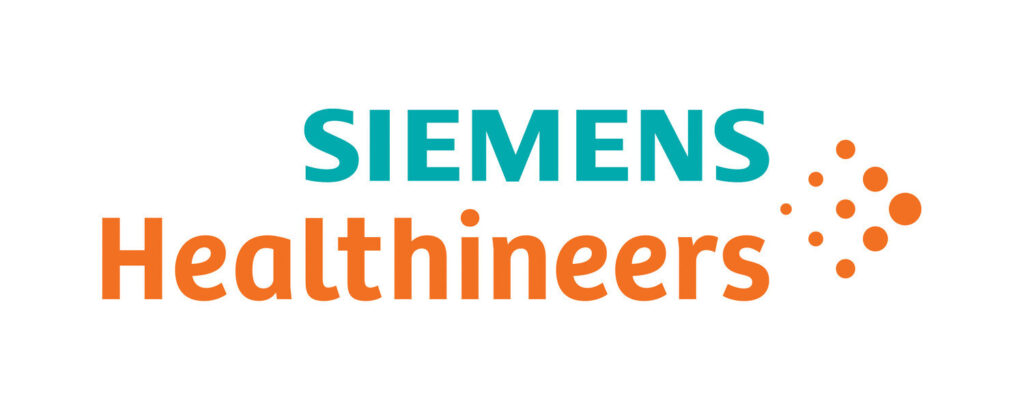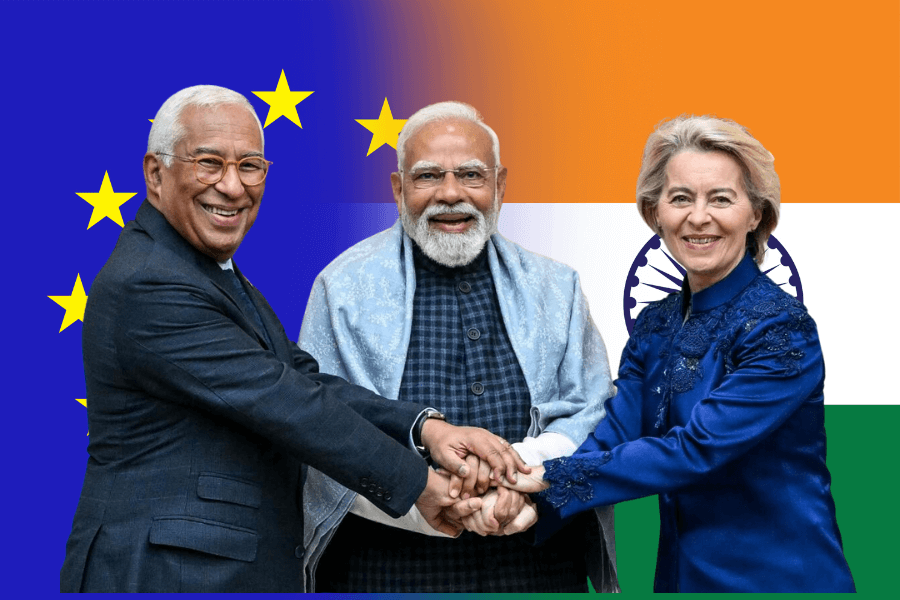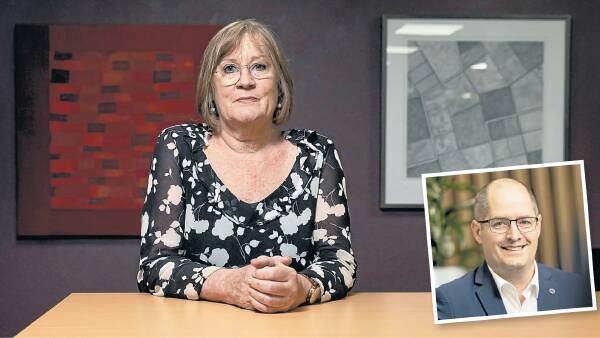
Siemens Healthineers Logo
Public perceptions of cancer care in the Philippines reveal significant challenges across the entire continuum of care, from screening to treatment and survivorship. A recent survey conducted by YouGov, commissioned by Siemens Healthineers, indicates a strong belief in the value of early detection, yet highlights poor screening rates and a lack of understanding regarding available treatment options.
According to the survey, titled “Bridging the Gaps: Public Perceptions of the Cancer Care Continuum in Southeast Asia,” which included over 6,000 respondents from six Southeast Asian nations, 76% of participants believe that early detection can significantly improve treatment outcomes. Despite this, only 13% of respondents in the Philippines reported having undergone cancer screening—the second lowest rate in the region. Among those screened, a mere 4% had participated in specific cancer screening tests.
A notable finding is that nearly half of the respondents, 45%, stated they had never considered screening for cancer, which is significantly higher than the regional average of 33%. The survey also revealed that 46% of participants felt no need for screening, while 24% cited the cost as prohibitively expensive. Additionally, 23% of respondents believed they were at low risk of developing cancer in their lifetime—the lowest perception of risk in Southeast Asia. This disconnect between awareness and action underscores the barriers to preventive healthcare in the Philippines.
Awareness of Treatment Options Lags Behind
While traditional therapies such as chemotherapy (recognized by 80%) and surgery (recognized by 58%) are widely acknowledged, knowledge of modern treatment methods remains limited. Only 30% of respondents were aware of radiotherapy, and even fewer were familiar with advanced therapies like precision therapy and immunotherapy, both at 10%, and image-guided approaches at 6%.
Access to treatment is perceived as a challenge, with less than a third of respondents (29%) viewing it as accessible. Concerns about affordability are prevalent, with 62% citing costs as a barrier—second highest in the region after Singapore. Side effects from treatments also contribute to apprehension, affecting 55% of respondents.
Despite awareness of post-treatment care, understanding of what it entails is insufficient. While 83% of respondents knew that such care exists, over half (57%) did not understand its components. Many expect their healthcare systems to provide access to diagnostic tests (65%) and regular follow-ups after treatment (64%). Notably, the Philippines stands out for its high demand for advanced technology in follow-up care, with 58% of respondents expressing interest in solutions like artificial intelligence and real-time monitoring.
Optimism for Digital Innovations in Cancer Care
The survey also revealed troubling levels of confidence in coordinated cancer care, with only 34% of respondents believing that care is well integrated, and 36% expressing confidence in a ‘one-stop’ care model. These figures rank among the lowest in Southeast Asia, indicating a clear opportunity for improvement.
Despite these challenges, there is optimism surrounding the potential of digital innovation in cancer care. A significant portion of the population is open to the use of artificial intelligence, with 41% seeing it as an opportunity to enhance care. Moreover, 36% of respondents expressed hope that AI could support their healthcare journey, provided it is clinician-led and respects data privacy. Importantly, 52%July 21 to 29, 2025, reflects a growing need for awareness, accessibility, and innovation in cancer treatment across Southeast Asia. Siemens Healthineers, a global leader in healthcare technology, aims to leverage these insights to improve the patient experience and ultimately provide better healthcare outcomes for millions of individuals in the region.






